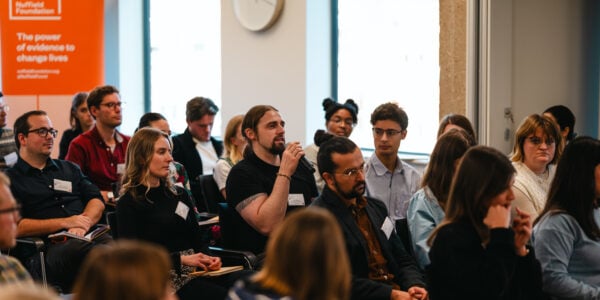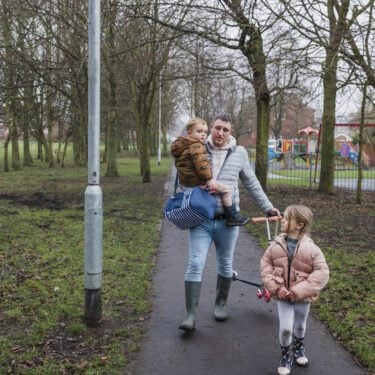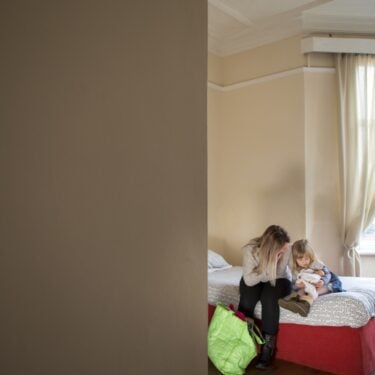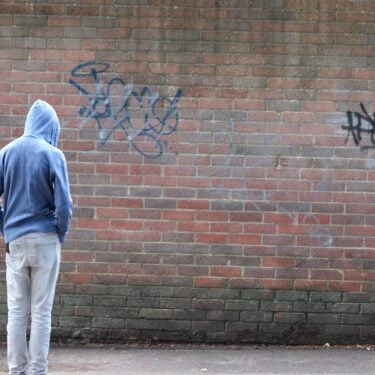We marked our 75th anniversary with a lecture delivered by former Nuffield Foundation Trustee, The Rt Hon the Baroness Hale of Richmond, President of the Supreme Court.
The lecture, given on Monday 14 May, was the highlight of a two-day international research symposium convened in partnership with The Legal Education Foundation and UCL Faculty of Laws to examine and debate how we can harness the power of empirical research to deliver a justice system that serves all citizens.
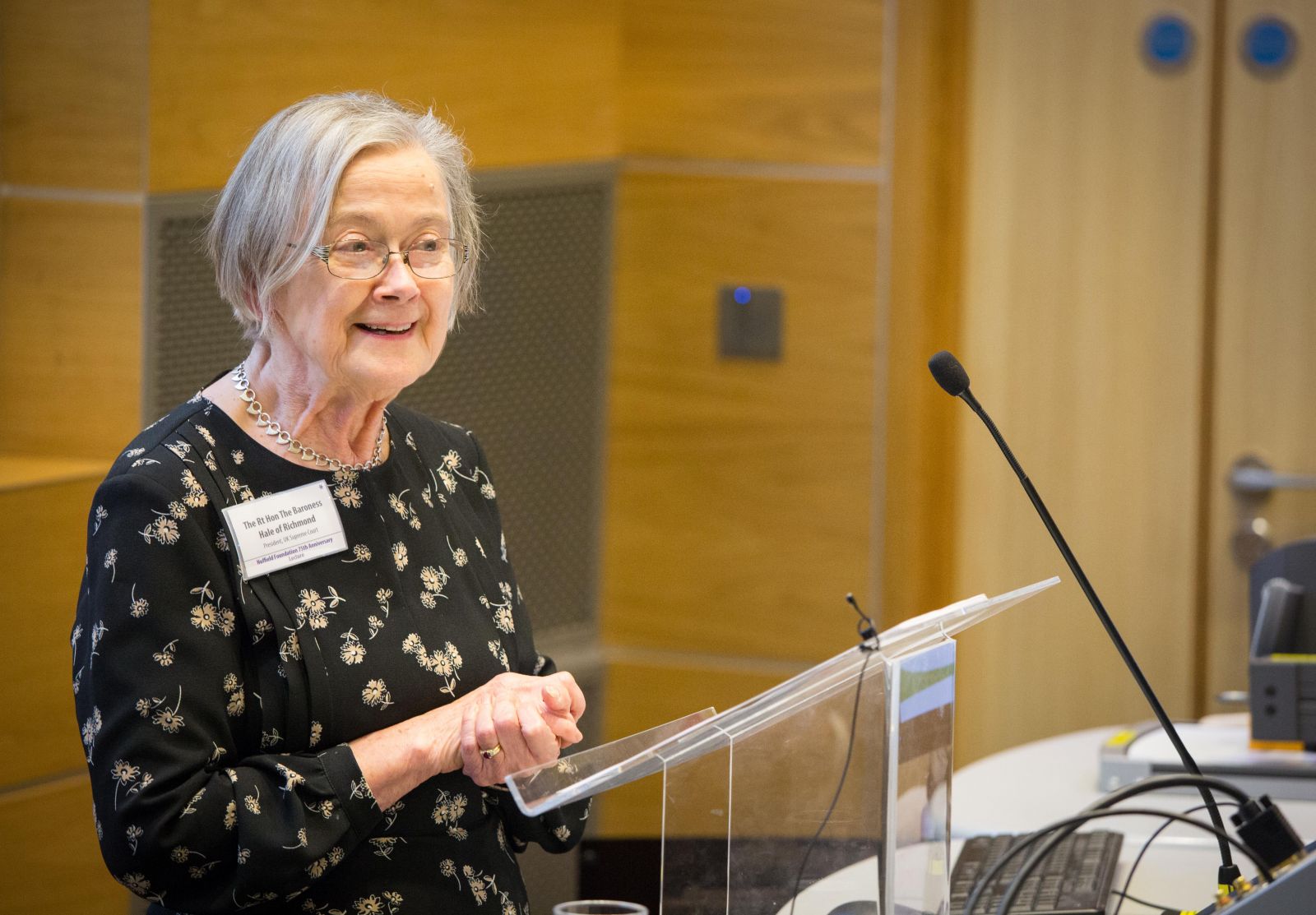
In her well-received lecture, entitled Challenges in the Justice System and the Contribution of Empirical Research, Lady Hale reflected on developments in the justice system over the past 40 years and the Nuffield Foundation’s role in facilitating evidence-based changes in the justice system, stating:
The great benefit of an organisation like Nuffield is that it can look at the challenges from the point of view of the people using or affected by the justice-system – the people for whom it is designed rather than the people doing the designing.
Lady Hale’s lecture explained why empirical research – of the kind funded by the Nuffield Foundation – can help meet the challenges of the justice system, namely:
- helping us make better decisions in individual cases;
- helping us to devise better procedures and practices for handling cases generally; and
- helping us to decide how the law might be improved.
In her lecture, Lady Hale artfully drew together themes from our justice portfolio to give an overview of the Foundation’s current justice work and the impact this could have on the justice system. The lecture touched on the empirical research funded by the Foundation to help meet the challenges in the justice system, including: care proceedings, transparency in family courts, no fault divorce and the Family Justice Observatory.
From 1987 until 2002 Lady Hale was a Trustee of the Nuffield Foundation, an experience she cites as “one of the most rewarding things I ever done”. During that time she stimulated and presided over the Foundation’s special interest in the reform of the law, the legal system and legal processes, particularly in the areas of child protection and the family. The Foundation’s influence in law goes back a long way, for example it funded the first family conciliation service in 1978. But it was under Lady Hale’s expert guidance that the Foundation’s influence in this area really grew, in the late 1980s, grant-making in law averaged less than £80,000 a year, but by 2001, this figure had exceeded half a million. Indeed, her influence remains evident in our current funding priorities in justice, which focus on family and youth justice, good early decision-making, and participation and rights.


